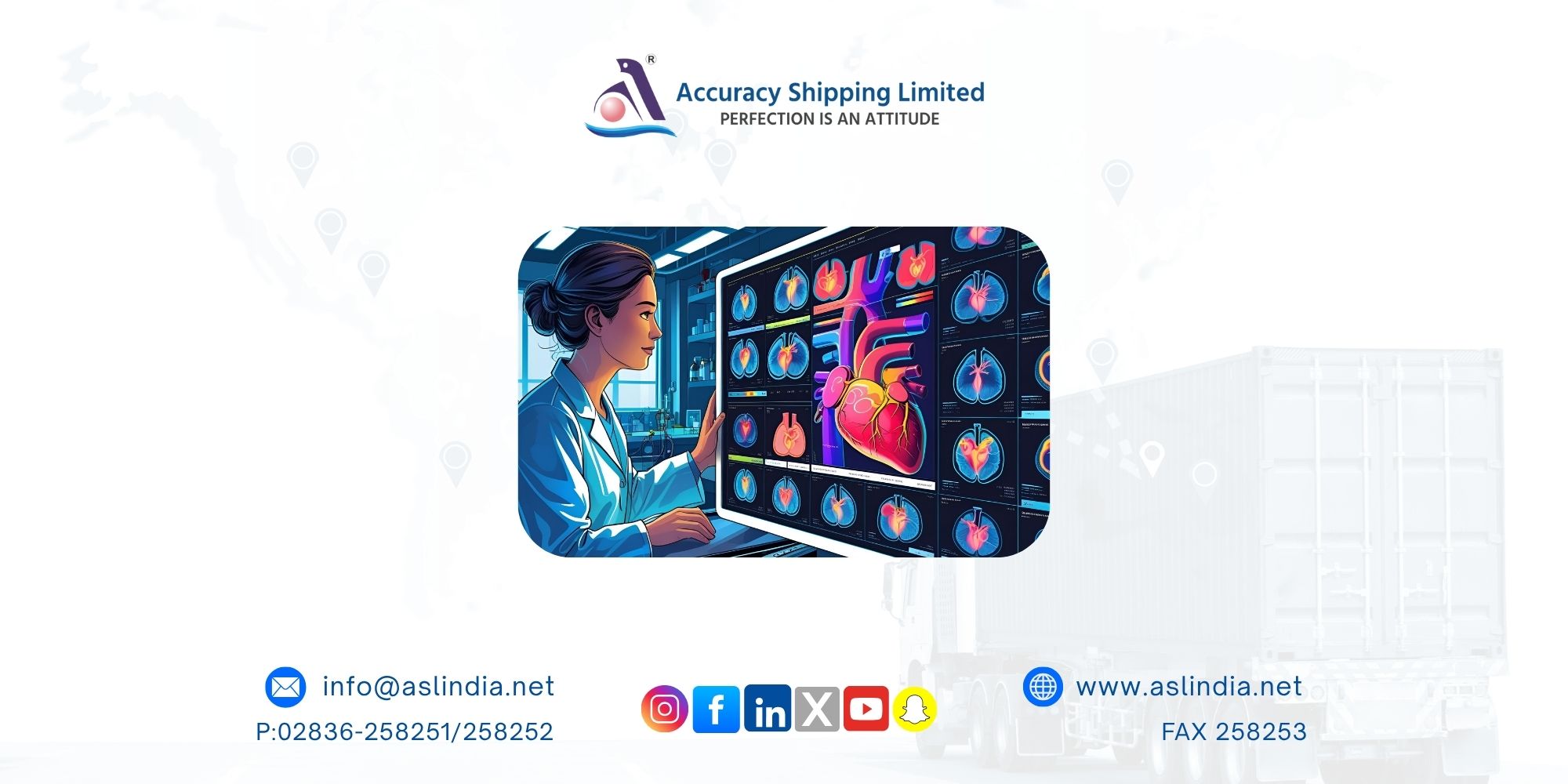New AI tool more accurate than cardiologists to spot hidden heart disease

Millions Affected by Structural Heart Disease
Structural heart disease including valve disease, congenital heart anomalies, and other conditions that impair heart function affects millions of individuals around the globe. These conditions often remain undiagnosed due to the lack of affordable and routine screening methods. Unlike other diseases for which regular screening tools like mammograms or colonoscopies exist, heart disease has had no widespread, low-cost early detection method until now.
Introducing EchoNext: A Game-Changer in Cardiac Screening
In a groundbreaking development, researchers from Columbia University in the US have introduced EchoNext, an artificial intelligence (AI) tool that could revolutionize how we screen for heart disease. Using data from low-cost electrocardiograms (ECGs), EchoNext has shown greater accuracy than cardiologists in identifying structural heart diseases that usually require an echocardiogram for diagnosis.
How Does EchoNext Work?
EchoNext is designed to analyze routine ECG data to determine whether a patient should undergo a follow-up echocardiogram a more expensive but crucial test for diagnosing structural heart problems. As Pierre Elias, Assistant Professor of Medicine and Biomedical Informatics at Columbia University Vagelos College of Physicians and Surgeons, explained:
“EchoNext basically uses the cheaper test to figure out who needs the more expensive ultrasound.”
The tool essentially bridges the diagnostic gap by leveraging AI to detect heart diseases that human experts often miss when reviewing ECGs alone. The AI model was trained on a massive dataset of over 1.2 million ECG-echocardiogram pairs from 230,000 patients.
Proven Accuracy: AI vs. Cardiologists
The results are promising. In a study published in the journal Nature, EchoNext was validated across four major hospital systems, including several New York-Presbyterian campuses. The tool showed high accuracy in identifying conditions such as cardiomyopathy, valve disease, pulmonary hypertension, and severe heart thickening.
In direct comparison with 13 experienced cardiologists analyzing 3,200 ECGs, EchoNext achieved an impressive 77% accuracy, while the cardiologists reached only 64% accuracy.
A New Era in Cardiac Health
The potential impact of EchoNext is immense. With an estimated 400 million ECGs performed globally each year, this AI-powered tool could turn each ECG into an opportunity for early detection of structural heart disease, potentially enabling timely and life-saving interventions.
Pierre Elias summarizes the breakthrough:
“It detects diseases cardiologists can’t detect from an ECG. We think that ECG plus AI has the potential to create an entirely new screening paradigm.”
Final Thoughts
EchoNext marks a major leap forward in the integration of AI into clinical practice. By making advanced diagnostics accessible through routine ECGs, this innovation could transform heart disease screening and save countless lives. As the technology matures and expands, we may be entering a new era where early detection of complex cardiac issues becomes the norm, not the exception.







